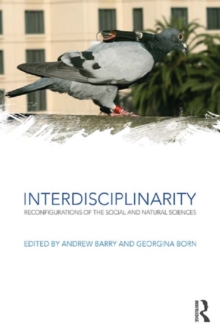
Fields, Capitals, Habitus : Australian Culture, Inequalities and Social Divisions PDF
Edited by Tony Bennett, David Carter, Modesto Gayo, Michelle Kelly, Greg Noble
Part of the CRESC series
Description
Fields, Capitals, Habitus provides an insightful analysis of the relations between culture and society in contemporary Australia. Presenting the findings of a detailed national survey of Australian cultural tastes and practices, it demonstrates the pivotal significance of the role culture plays at the intersections of a range of social divisions and inequalities: between classes, age cohorts, ethnicities, genders, city and country, and the relations between Indigenous and non-Indigenous Australians.
The book looks first at how social divisions inform the ways in which Australians from different social backgrounds and positions engage with the genres, institutions and particular works of culture and cultural figures across six cultural fields: the visual arts, literature, music, heritage, television and sport. It then examines how Australians' cultural preferences across these fields interact within the Australian 'space of lifestyles'. The close attention paid to class here includes an engagement with role of 'middlebrow' cultures in Australia and the role played by new forms of Indigenous cultural capital in the emergence of an Indigenous middle class.
The rich survey data is complemented throughout by in-depth qualitative data provided by interviews with survey participants. These are discussed more closely in the final part of the book which explores the gendered, political, personal and community associations of cultural tastes across Australia's Anglo-Celtic, Italian, Lebanese, Chinese and Indian populations. The distinctive ethical issues associated with how Australians relate to Indigenous culture are also examined.
In the light it throws on the formations of cultural capital in a multicultural settler colonial society, Fields, Capitals, Habitus makes a landmark contribution to cultural capital research.
Information
-
Download - Immediately Available
- Format:PDF
- Pages:422 pages
- Publisher:Taylor & Francis
- Publication Date:21/07/2020
- Category:
- ISBN:9780429688454
Information
-
Download - Immediately Available
- Format:PDF
- Pages:422 pages
- Publisher:Taylor & Francis
- Publication Date:21/07/2020
- Category:
- ISBN:9780429688454










